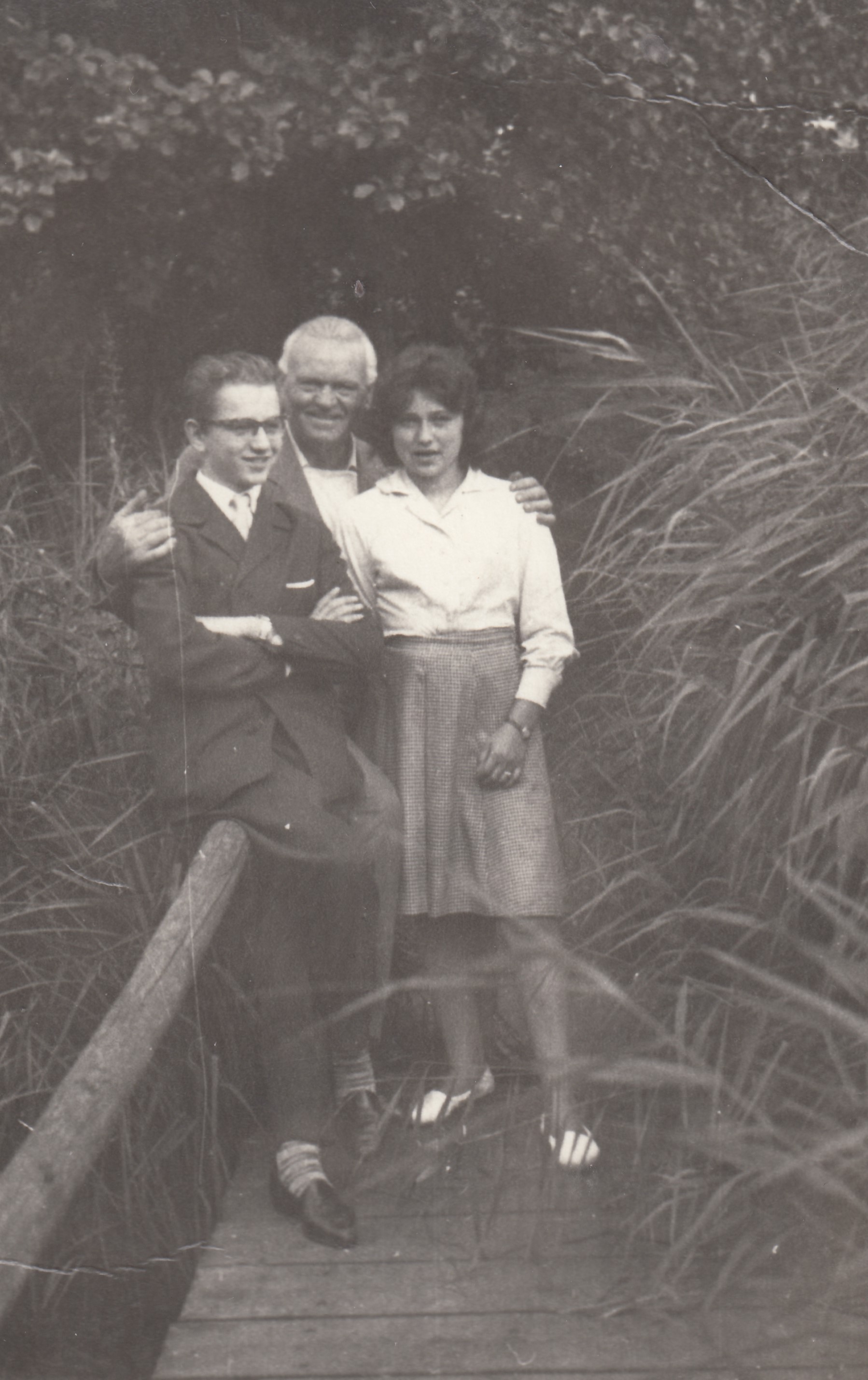They came to our house and broke everything. Dad came back from Jáchymov with no teeth

Download image
Zdeňka Pěkná was born on 25 October 1946. She lived with her parents and one year older brother Jiří in Čáslav, where her father Antonín Březina ran a photography studio. Her peaceful childhood changed in 1951 when her father was arrested by State Security. After a trial within Jaroslav Němeček’s group, he was to serve his ten-year sentence in Jáchymov. He was finally released on parole in 1955. The witness, her brother and her mother had to move to very poor conditions. Due to her poor cadre profile, she was unable to study at her dream medical school, so she began to apprentice as a gardener in Čáslav. Later, she finished her matriculation in Prague. During the turbulent days of August 1968, she and her husband-to-be were in the centre of the action, experiencing the shooting at the National Museum and the violence in front of the radio building. As a photographer’s daughter, she recorded these moments. She married in 1970, and she and her husband raised two daughters. During the normalisation period, the witness feared for the fate of her children and hid the valuable photographs of the invasion of the Warsaw Pact troops; unfortunately, she cannot find them to this day. After the fall of the communist regime, she started her own business in the vegetable industry. In 2024, she lived in Prague.






